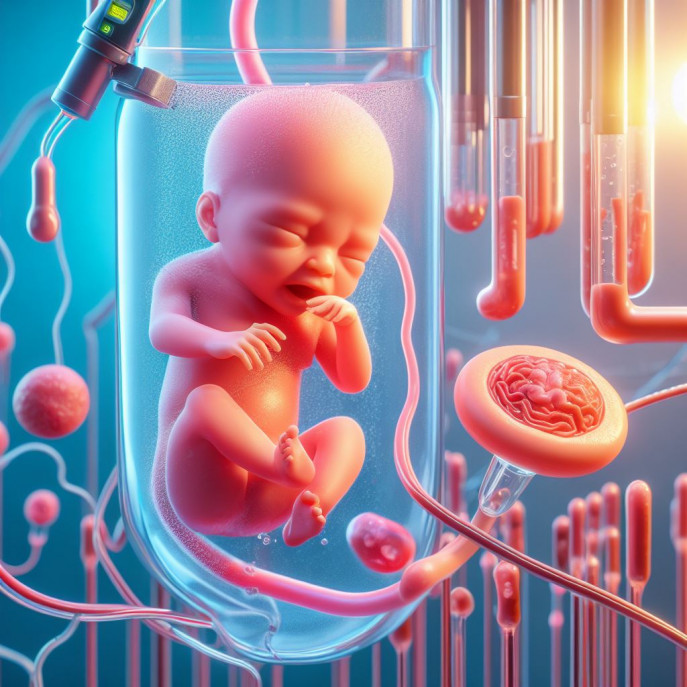A test tube baby is a term used to describe a baby conceived through in vitro fertilization (IVF). In this process, an egg is fertilized by sperm outside the human body, typically in a laboratory setting. The procedure begins with hormonal treatments to stimulate a woman's ovaries to produce multiple eggs. These eggs are then retrieved from the ovaries using a minor surgical procedure. Once collected, the eggs are combined with sperm in a laboratory dish to facilitate fertilization. The fertilized eggs, now embryos, are cultured in the lab for a few days before one or more are transferred to the woman’s uterus, with the hope of achieving a successful pregnancy. Although the term test tube baby is commonly used, it is somewhat inaccurate since the fertilization occurs in a petri dish rather than a test tube.
Pros of Test Tube Baby (IVF)
- Overcomes Infertility: IVF helps couples with various infertility issues, including blocked fallopian tubes, male infertility, and unexplained infertility.
- Higher Success Rates: IVF generally offers higher success rates compared to other assisted reproductive technologies, especially for women under 35.
- Genetic Screening: IVF allows for preimplantation genetic diagnosis (PGD) to identify genetic disorders, ensuring healthier embryos and reducing miscarriage risk.
- Timing Control: Couples can plan pregnancies around personal and career commitments, or delay pregnancy for medical reasons until conditions are optimal.
- Helps Older Women: Older women facing age-related fertility decline can benefit from IVF, and egg donation can also assist those unable to produce viable eggs.
- Single Parents and Same-Sex Couples: IVF enables single parents and same-sex couples to have biological children using donor sperm or eggs.




.png)

Comments